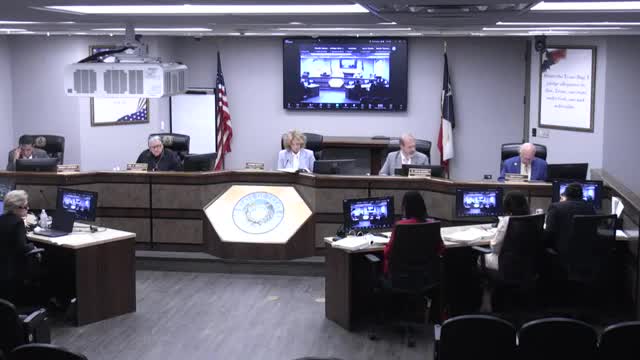Article not found
This article is no longer available. But don't worry—we've gathered other articles that discuss the same topic.
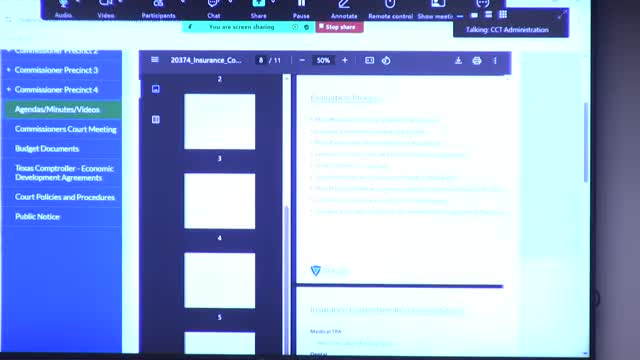
Court approves design for Bob Hall Pier restaurant; commissioners clarify bar option is alternate and budget‑driven
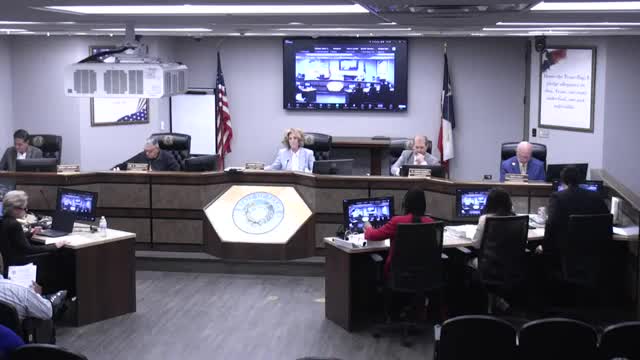
Commissioners honor Robstown Early College Lady Pickers for fourth straight state powerlifting title
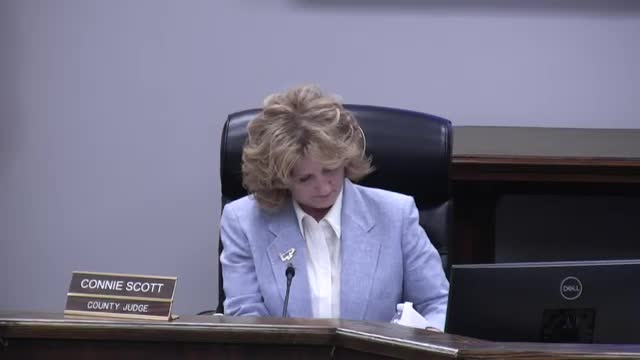
Public speakers urge county opposition to SB8 and warn against tax abatements for Avina project
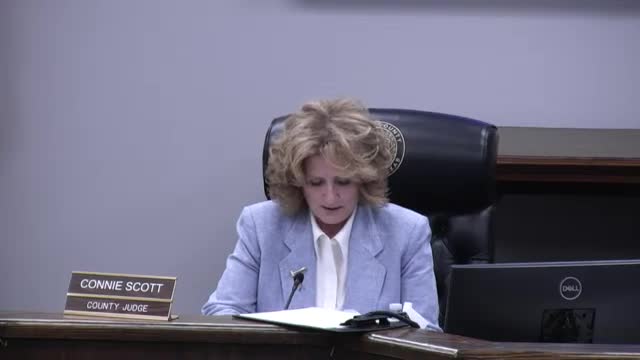
Court denies claim, approves DLF payment with reporting requirement after executive session
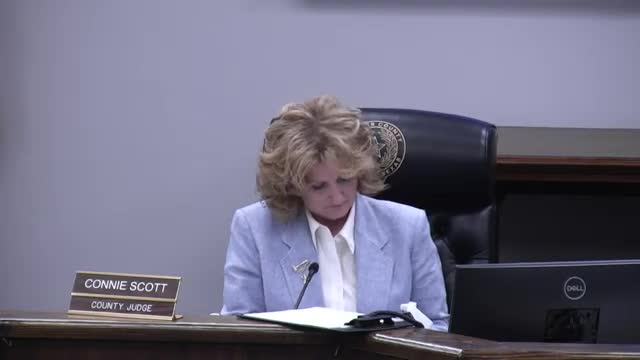
Commissioners approve Title IV‑E legal services contract and continue child‑welfare funding with state reimbursement caveats
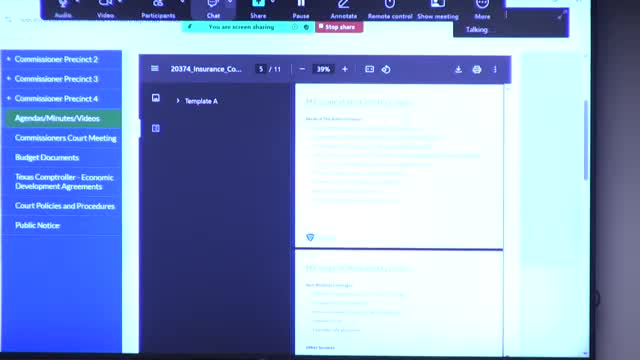
Commissioners add Texas State Aquarium to approved outside agencies, approve allocation; one abstention
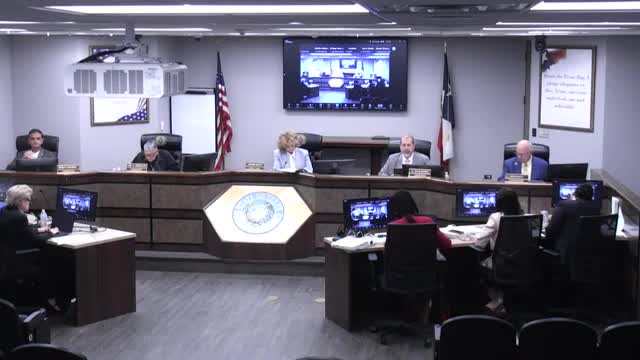
Nueces County completes first pass inventory of county real property; commissioners direct follow‑up
